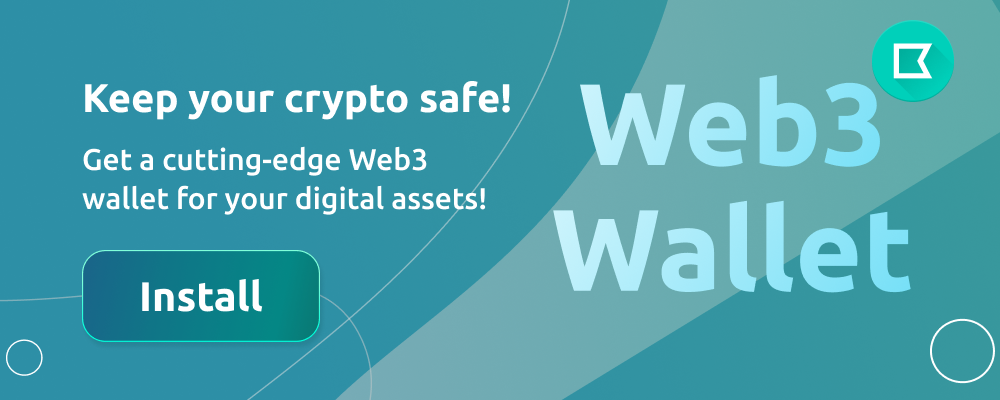

OByte (GBYTE) Price and Review 2023
OByte, formerly known as Byteball, is a decentralized autonomous organization (DAO) platform that operates on the Directed Acyclic Graph (DAG) technology. It enables developers to create and deploy decentralized applications (dApps) on a secure and transparent platform. OByte is designed to provide solutions to the limitations of blockchain technology, including slow transaction speed and high fees. In this review, we will examine the various features of OByte and assess its suitability for developers and users alike.
Technology
OByte uses DAG technology, which is different from blockchain technology. DAG is a data structure that is more efficient than blockchain technology, as it allows for faster and more scalable transactions. The DAG structure allows for the storage of data in a more organized manner than the blockchain structure. The technology is also designed to enable developers to build dApps that are faster, more efficient, and more scalable than those built on the traditional blockchain.
Security
OByte is a secure platform that is resistant to censorship and manipulation. The platform is designed to prevent attacks on its network through the use of consensus mechanisms such as proof-of-work (PoW) and proof-of-stake (PoS). The platform also uses multisignature wallets, which provide an additional layer of security for user funds. OByte’s security protocols are constantly being updated to ensure that the platform remains secure against any potential threats.
Transactions
OByte transactions are faster and cheaper than traditional blockchain transactions. The platform uses a unique transaction model called the “unit” model, which allows users to send and receive value with fewer bytes of data than traditional blockchain transactions. This means that transactions can be completed in seconds and with lower fees, making OByte a more efficient and cost-effective alternative to traditional blockchains.
Smart Contracts
OByte allows developers to build smart contracts on its platform. Smart contracts are self-executing programs that allow for the automation of various tasks, including the transfer of funds, without the need for intermediaries. OByte’s smart contract platform is Turing-complete, which means that developers can build complex dApps on the platform. The platform also supports the creation of decentralized autonomous organizations (DAOs), which can operate autonomously without the need for centralized control.
Governance
OByte is a decentralized platform that operates through a community-based governance system. The platform is owned and operated by its users, who have a say in the decision-making process through a voting system. This ensures that the platform remains democratic and transparent, with decisions made in the best interest of the community. OByte also has a treasury system that funds ongoing development and maintenance of the platform.
Conclusion:
OByte is a powerful decentralized autonomous organization platform that offers solutions to the limitations of traditional blockchain technology. Its use of DAG technology allows for faster and more scalable transactions, while its unique unit model reduces transaction fees. The platform’s smart contract and DAO capabilities make it an attractive option for developers looking to build complex dApps. The platform is also secure, with a strong focus on user privacy and security. With its community-based governance system and treasury system, OByte is a democratic and transparent platform that is owned and operated by its users. Overall, OByte has the potential to become a major player in the decentralized application space.

One of the good coins. Still holding some and can recommend.
Still holding some 'cause the market cap is still high enough
Not worse than other digital currencies, despite the fact that it is not a full-fledged blockchain.




